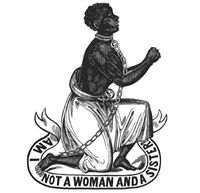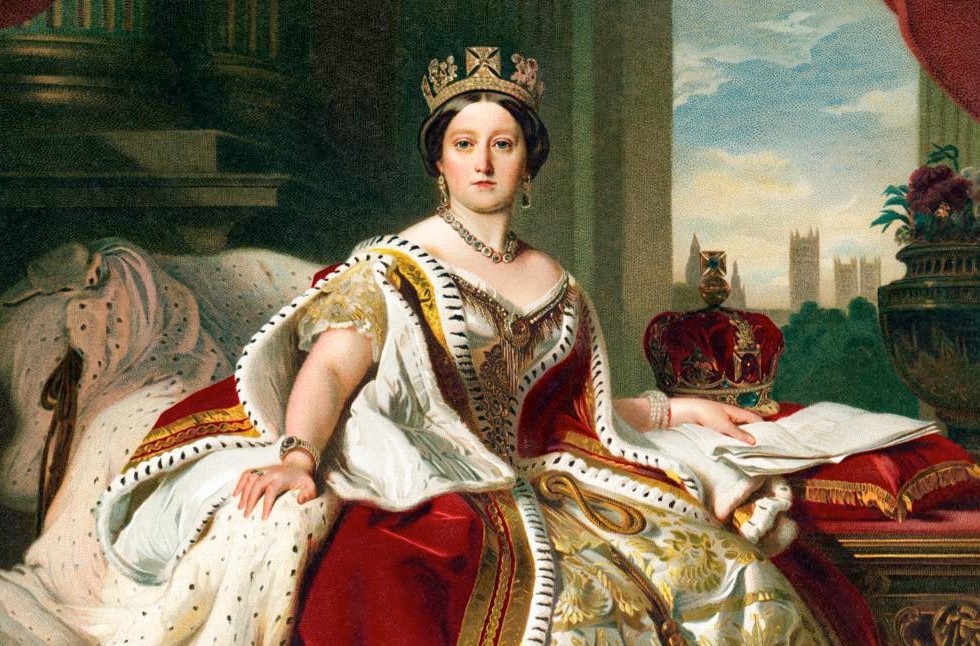
The American abolitionist, Frederick Douglass, in a rare photo taken c. 1840, around the time he became a runaway slave.
Frederick Douglass (1817-1895)
The following is an excerpt from the Narrative of the Life of Frederick Douglass, an American Slave (1845), which includes recollections of Douglass’ experiences on a Maryland plantation:
“To describe the wealth of Colonel Lloyd [his master] would be almost equal to describing the riches of Job. He kept from 10-15 house servants. He was said to own a thousand slaves, and I think this estimate quite within the truth. Colonel Lloyd owned so many that he did not know them when he saw them; nor did all the slaves of the out-farms know him. It is reported of him, that, while riding along the road one day, he met a colored man, and addressed him in the usual manner of speaking to colored people on the public highways of the South:
‘Well, boy, whom do you belong to?’
“To Colonel Lloyd,’ replied the slave.
‘Well, does the colonel treat you well?’
‘No, sir,’ was the ready reply.
‘What, does he work you too hard?’
‘Yes, sir.’
‘Well, don’t [sic] he give you enough to eat?’
‘Yes, sir, he gives me enough, such as it is.’
The colonel, after ascertaining where the slave belonged, rode on; the man also went on about his business, not dreaming that he had been conversing with his master. He thought, said, and heard nothing more of the matter, until two or three weeks afterwards. The poor man was then informed by his overseer that, for having found fault with his master, he was now to be sold to a Georgia trader….
It is partly in consequence of such facts that slaves, when inquired of as to their condition and the character of their masters, almost universally say they are contented, and that their masters are kind. The slaveholders have been known to send in spies among their slaves, to ascertain their views and feelings in regard to their condition. The frequency of this has had the effect to establish among the slaves the maxim that a still tongue makes a wise head.”
Also on this blog: “Abe Lincoln: The Freedmen’s Monument“




















